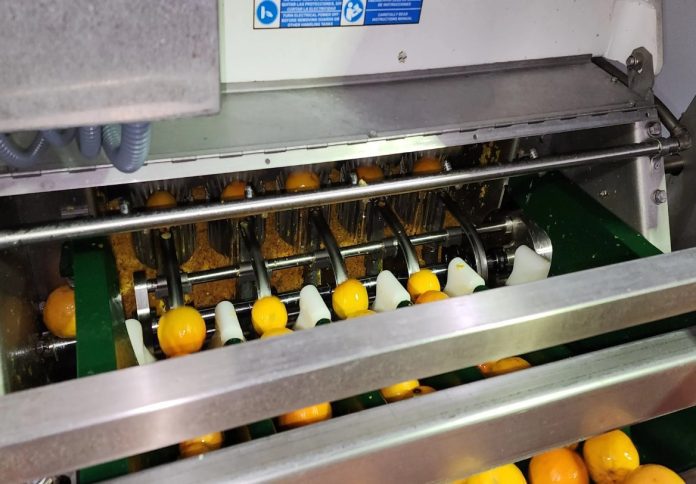
Pectin 360 has secured a $2.1 million Cooperative Research Centres Projects (CRC-P) Round 17 grant from the Australian Government to establish Australia’s first onshore pectin and fibre manufacturing capability.
The company said the funding will support the construction of a pilot-scale plant designed to validate its zero-waste process, which converts fruit waste into high-quality pectin and fibre. Pectin is widely used in food and nutraceutical products, but Australia currently relies entirely on imports.
“This funding will allow Pectin 360 to accelerate commercialisation activities and materially de-risk the business case,” said Martin Kaderavek, co-founder and chief executive officer of Pectin 360.
“Together with our partners, we aim to create a cost-competitive, domestic alternative to imported pectin and fibre.”
The project brings together several partners, including Doehler Australia, Ahurei, Royal Melbourne Institute of Technology (RMIT), Frunutta Asia Pacific, and Scimita Operations.
According to Pectin 360, the collaboration is aimed at strengthening sovereign manufacturing, enhancing food security, and creating sustainable opportunities in regional Australia.
Kaderavek said the award reflected strong alignment between industry and government goals. “The award of this CRC-P grant is testament to the quality of the partners we have assembled and our business alignment with the Government’s objectives around sustainability, sovereign manufacturing, industry resilience and circular economy outcomes,” he said.
Dr Mobin Nomvar, co-founder and managing director of Scimita Group, said the company’s facilities would play a key role in advancing the project.
“Our dedicated pilot plant and innovation facility is an ideal location to build and operate Pectin 360’s pilot plant to produce pectin and fibre that will be validated through customer food trials and prove the advanced manufacturing process for scaling up to a commercial facility,” Nomvar said.
RMIT University is contributing expertise in research and development, particularly in areas of feedstock characterisation, digital twinning, process optimisation and product analysis.
“RMIT University, a key partner in this initiative, brings world-leading expertise in food research and development,” the university’s Major Research Initiatives group said.
Pectin 360 said the initiative marks a step forward in reducing reliance on imports and advancing advanced manufacturing within Australia’s food sector.


















